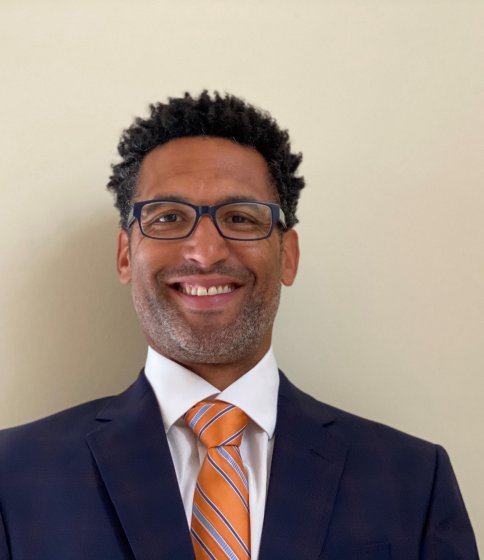
Michael Lens
University of California, Los Angeles
Michael Lens is an Associate Professor of Urban Planning and Public Policy, and Associate Faculty Director of the Lewis Center for Regional Policy Studies. His research and teaching explore the potential of public policy to address housing market inequities that lead to negative outcomes for families with low-incomes and communities of color. This research involves housing interventions such as subsidies, tenant protections, and production. Professor Lens regularly publishes this work in leading academic journals and his research has won awards from the Journal of the American Planning Association and Housing Policy Debate.
In ongoing research, Professor Lens is studying the neighborhood context of eviction, the role of charter schools in neighborhood change, and is engaged in multiple projects concerning housing supply in California. He is also working on a book project that examines fifty years of neighborhood change in Black neighborhoods following the 1968 Fair Housing Act.
Professor Lens’s research has received funding from the MacArthur Foundation, the Arnold Foundation, and the Terner Center for Housing Innovation, among other sources.
Professor Lens teaches courses on quantitative analysis, poverty and inequality, community development, housing policy, and research methods.
-
This study evaluates the effectiveness of local government land use policies in promoting inclusive neighborhoods by introducing a novel Fair Housing Land Use Score (FHLUS).
July 12, 2023
|Evidence
| -
 Turning research into actionAffirmatively Furthering Fair Housing in California: A Bumpy Rollout or a Flawed Approach?
Turning research into actionAffirmatively Furthering Fair Housing in California: A Bumpy Rollout or a Flawed Approach?As currently defined by the Department of Housing and Urban Development (HUD), Affirmatively Furthering Fair Housing (AFFH), part of the Fair Housing Act, has four goals: “a) addressing significant disparities in housing needs and in access to opportunity, b) replacing segregated living patterns with truly integrated and balanced living patterns, c) transforming racially and ethnica
May 24, 2022
|P4A Spark
| -
Affirmatively Furthering Fair Housing (AFFH), enhancing federal efforts to hold local governments accountable in reducing segregation. The Trump administration rescinded this rule in early 2018, but eight states continue to implement AFFH programs. With recent legislation incorporating AFFH in its Housing Element Law, California now has perhaps the most expansive approach to AFFH in the country. All local governments in the state must update the Housing Element of their general plan over the next two years (2020-2022), a process through which they must plan to accommodate housing growth over an eight-year period and demonstrate to the state they have zoned an adequate number of sites for low-income housing.
December 1, 2020
|Has Evidence
|